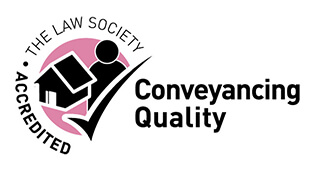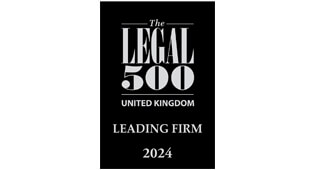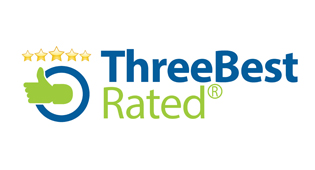Conveyancing steps when buying a house
If you’re a first-time buyer the conveyancing process can seem complex, even if you’re not there are many legal steps to consider.
We know our clients want to get on with their move quickly and efficiently, but there are rules and regulations we have to follow including the preparation and review of contracts, addressing enquiries, and ensuring compliance with all property laws.
How to find a good conveyancing solicitor
An experienced residential conveyancing solicitor will help you through the process, but it’s also good to do your due diligence before you appoint them and a few things to look out for are:
- Appropriate accreditation
- Check the price quoted is the price you pay
- Additional expenses
- Reputation and reviews
- Experience and expertise
“Our residential property department work closely together to make life easier for our clients, it’s good to have a team involved as individuals may be off, away on holiday, or ill and then the whole process is stalled,” said residential conveyancing solicitor, Michelle Ong.
“There is so much more to property law than people often think, contractual disagreements and issues with property titles are common challenges and with a thorough understanding of contract terms and legal due diligence, we find disputes easier to resolve.
How much should conveyancing cost?
Property transactions often include additional expenses incorporating search fees, survey costs, stamp duty, leasehold notice requirements and mortgage arrangement fees, of course these vary from property to property so buyers should be aware of the potential fluctuations in costs based on property type, location, and the specifics of the transaction.
“It’s good to be conscientious if you’re a property solicitor as the legal intricacies can cause delays and we like to be meticulous in our attention to detail,” added Michelle Ong.
In addition, a good benchmark when appointing solicitors to help with your property transaction is to look at their accreditation and reviews.
“It’s been a tumultuous few years in the property market, from market disruptions during the pandemic, SDLT changes and holidays, through to potential legal claims linked to the cladding and leasehold scandals. I can see that many smaller firms are significantly challenged so it’s a good idea to do your homework and look out for the CQS brand when appointing solicitors,” said Michelle.
“For many people a house move might be the first time they have used a solicitor, but many clients come back to us for their next move and the one after, so I’d like to think that’s a sign of a job well done.”
What is the conveyancing quality scheme?
The Conveyancing Quality Scheme (CQS) is a recognised quality mark setting out standards in competence, risk management and client service levels, and whilst CQS accreditation might not be mandatory for SRA-regulated firms, it’s good to look out for it.
CQS is a sign your solicitor has ongoing up-to-date training and the knowledge required to navigate a complex and ever-changing property landscape.
“Our clients quite rightly have high expectations and having the CQS accreditation does keep us relevant and well informed. At a time when really reputation and reviews can make or break a business we are pleased to receive some fantastic reviews from our conveyancing clients” added Michelle.
How can we help?
For legal advice on buying a house or selling a property contact our experienced conveyancing solicitors on 0161 785 3500 or email enquiries@pearsonlegal.co.uk. For an instant online conveyancing quote visit our property portal.
Subscribe to our newsletterPlease note that the information and opinions contained in this article are not intended to be comprehensive, nor to provide legal advice. No responsibility for its accuracy or correctness is assumed by Pearson Solicitors and Financial Advisers Ltd or any of its members or employees. Professional legal advice should be obtained before taking, or refraining from taking, any action as a result of this article.








